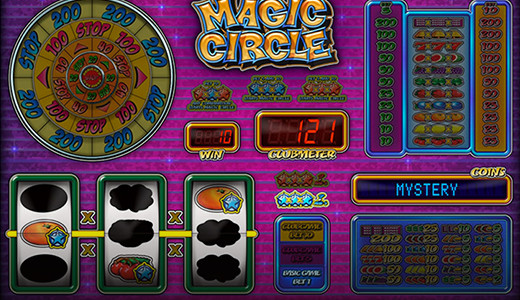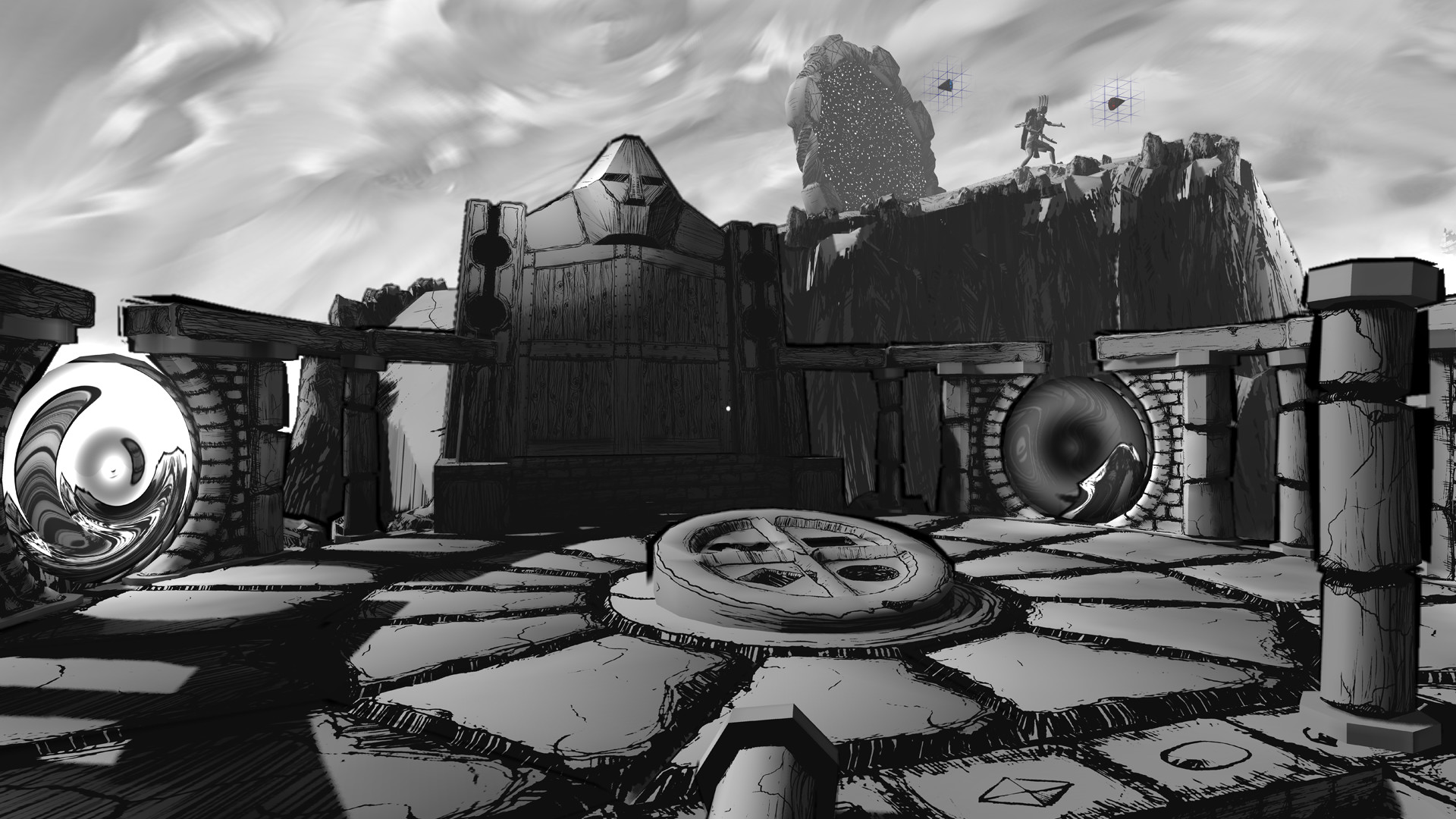

Homo Ludens: a Study of the Play-Element in Culture. It is a lens through which to view your players’ experiences and understand the meanings you’re crafting for them.
The magic circle game imdb how to#
In the end, regardless of how you decide to interpret it, the concept of “the magic circle” isn’t a principle on how to design games, merely a principle on how to understand players’ relationship to games. This suspension of reality inside the circle is what allows in-game interactions to be meaningful enough to be relatable to the real world. These games don’t gain this relevance in spite of the magic circle, but because of it.

Or, in a board game of deception and betrayal, personal histories between players may affect how players interpret each others’ actions, and insights gleaned from these fraught interactions may inform future real-world relationships. In the reverse, someone with little experience with real-world racism might gain new perspective from experiencing the treatment of the aliens in this RPG. A player’s personal experience with real-world racism will inform how they react to the ostracization of an alien race in their favorite sci-fi RPG. The magical reality inside the world of the game has meaning because it relates back to your life and the world around you.Įxamples of this are everywhere. Games are, and should be, informed by world around them. This contract is necessary to give game rules meaning, and doesn’t exclude the wider contexts outside of the circle, but adds to them. As I opened the article: I see the magic circle as a contract between the player and the game - a contract to accept new rules and realities in a limited space, for a limited duration, to experience meaning in interactions they would be otherwise-unable to experience. This critical view of the concept became widespread enough that even Eric Zimmerman addressed it in a Gamasutra article years after the release of the book.Īs is probably abundantly clear from my framing of the critical argument, I don’t particularly agree with that view of the magic circle. In their eyes the magic circle is a dangerous philosophy that seeks to cordon off games from the realities of the wider world, limiting what games can be. They see the concept as an approach to game design that encourages the creation of game systems as walled gardens - consequence-free zones completely shielded from cultural context or external ethical influences. A lot of designers and critics have come away from Rules of Play with a fairly black-and-white view of how the magic circle constrains and controls the play of a game. Unsurprisingly, even as simple a concept as the magic circle hasn’t been without controversy. For this inaugural post, I’m going to talk about the eponymous principle of this blog - the “magic circle.”

They will discuss one principle used in game design theory, give examples of it in action, and point to some of those sources I freeloaded off of in case you want to read more. The first kind of article I’m going to be playing around with are these Game Design Principle posts. So I’m going to freeload on their hard work. One person’s “negative feedback loop” is another person’s “rubber banding” or another’s “catchup mechanic.” In an attempt to wrestle this haphazard collection of jargon into something you might be able to call a “disciplinary vocabulary,” a lot of smart people have spent a lot of time discussing, studying, and standardizing the use of these terms. Hopefully someone out there finds this information interesting or helpful, and I can trick a few more people into thinking I know what I’m talking about.Īs game design has become more discussed and studied over the years, a layer of jargon has started to stratify over the language used to talk about games. I put together this blog as a place to start collecting that writing, and to act as a devlog for any of my (non-NDAed) projects. Over the years I’ve done a lot of reading and writing about game design, mostly just for my own edification. I’m a college dropout who has somehow tricked people into paying me to make games for the last decade. Welcome to The Magic Circle - a blog about games and game design.


 0 kommentar(er)
0 kommentar(er)
